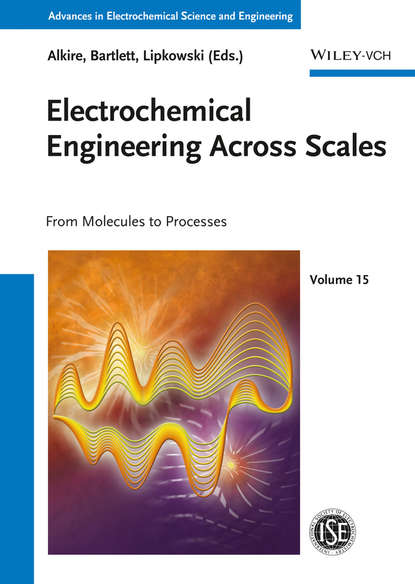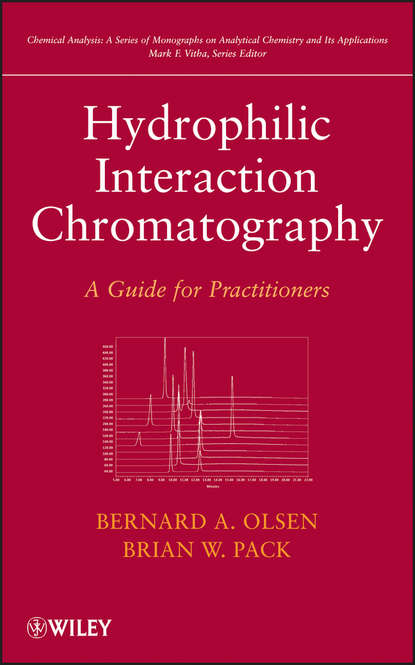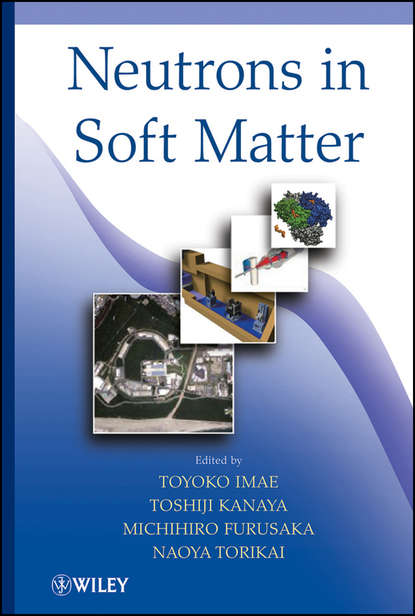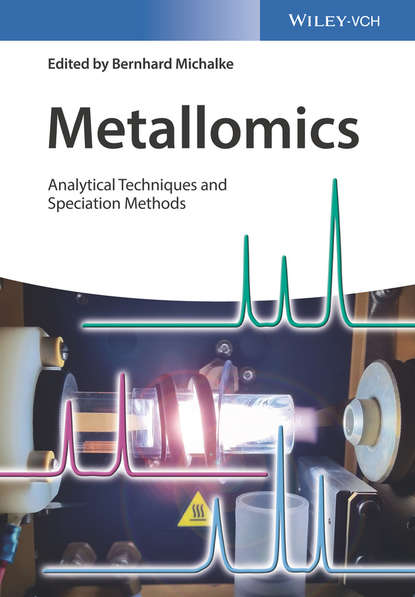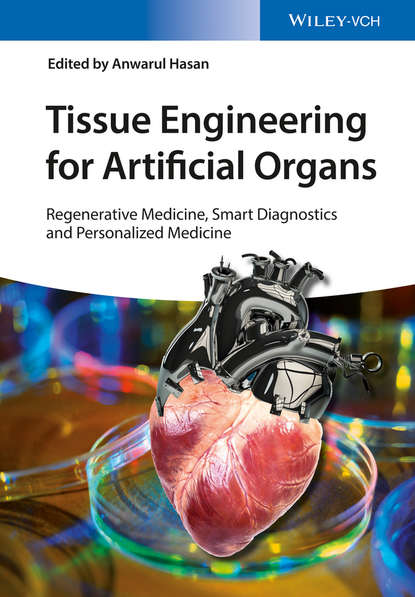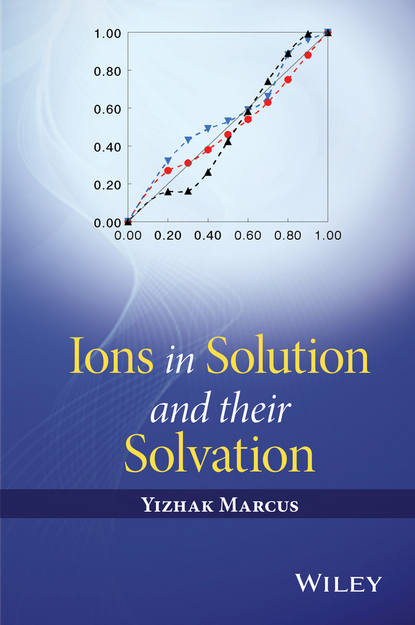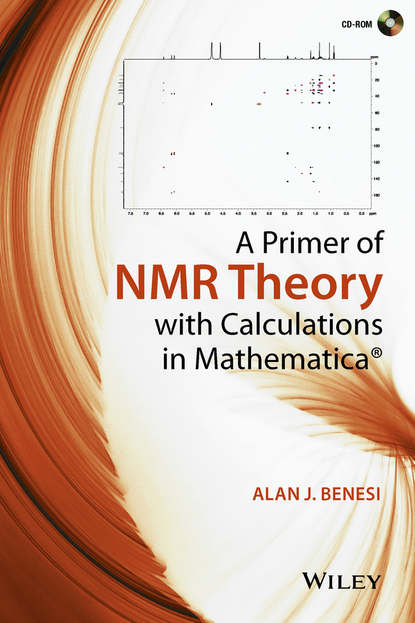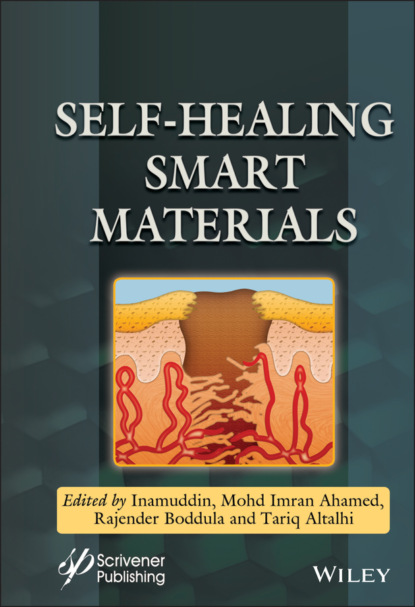В 15-м томе серии «Достижения в электрохимической науке и технике» различные ведущие эксперты в области электрохимической инженерии делятся своим видением того, как можно использовать различные экспериментальные и вычислительные методы для переноса открытий, сделанных на молекулярном уровне, в процессы и продукты. На протяжении всей книги акцент делается на инженерных задачах и методах их решения, а не на конкретных применениях, так что ученые из разных областей смогут извлечь пользу из обмена идеями между различными поддисциплинами. Эта книга - must read для всех, кто занимается разработкой инженерных инструментов для проектирования и управления электрохимическими процессами нового поколения. Она будет полезна инженерам-химикам, механикам, электрикам, а также химикам, физикам, биохимикам и специалистам по материаловедению.
In Volume XV of Advances in Electrochemical Sciences and Engineering, distinguished scholars from the domain of electrochemical engineering showcase the techniques used to translate discoveries at the molecular scale into usable processes and devices. The methodic approach this book takes to address the subject ensures that the ideas flow freely among the diverse groups of scientists involved in the development of engineering solutions to cutting-edge technological challenges in the field. This book is a great read for any scientist working on next-generation designs and control in electrochemical process engineering.
Электронная Книга «Electrochemical Engineering Across Scales» написана автором Группа авторов в году.
Минимальный возраст читателя: 0
Язык: Английский
ISBN: 9783527692149
Описание книги от Группа авторов
In Volume XV in the series «Advances in Electrochemical Science and Engineering» various leading experts from the field of electrochemical engineering share their insights into how different experimental and computational methods are used in transferring molecular-scale discoveries into processes and products. Throughout, the focus is on the engineering problem and method of solution, rather than on the specific application, such that scientists from different backgrounds will benefit from the flow of ideas between the various subdisciplines. A must-read for anyone developing engineering tools for the next-generation design and control of electrochemical process technologies, including chemical, mechanical and electrical engineers, as well as chemists, physicists, biochemists and materials scientists.
